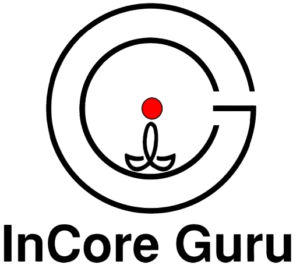- +91 8586 82 4525
- info@incoreguru.com
Industries Served / Healthcare & Life Sciences

Healthcare & Life Sciences encompasses the sectors involved in providing medical services, developing pharmaceuticals, biotechnology, and medical devices, as well as research and innovation aimed at improving health outcomes.
The Healthcare and Life Sciences sectors are pivotal to the well-being and health of people worldwide. They involve a wide range of industries, including pharmaceuticals, biotechnology, medical devices, healthcare providers, and diagnostics. These sectors focus on disease prevention, diagnosis, treatment, and overall patient care, while also advancing scientific research and innovations that improve health outcomes. Here’s an in-depth overview:
The healthcare industry encompasses the organizations, institutions, and professionals that deliver medical services, treatments, and products to improve and maintain health. It includes hospitals, clinics, healthcare providers, insurance companies, and various support services. Key areas include:
Healthcare providers deliver direct patient care, ranging from primary care to specialized medical services. This category includes:
Health insurance companies play a crucial role in financing healthcare services. They collect premiums from individuals and organizations to pay for healthcare costs. Insurance models vary by country, with private insurance and public health systems (e.g., Medicare, Medicaid, NHS) being common in many regions.
The rapid growth of telemedicine and digital health services is transforming how healthcare is delivered:
Public health focuses on preventing diseases, prolonging life, and promoting health through organized community efforts:
The life sciences industry focuses on research and development (R&D) to understand living organisms and create products that improve human health, including pharmaceuticals, biotechnology, medical devices, and diagnostics. Key areas of life sciences include:
The pharmaceutical industry is dedicated to the development, production, and marketing of medications. It plays a critical role in treating diseases, managing symptoms, and improving patient outcomes. Key areas include:
Biotechnology applies biological systems, organisms, or derivatives to develop products and technologies in healthcare. Key areas include:
Medical devices range from simple tools to complex machines used in the diagnosis, treatment, and monitoring of patients. This sector is integral to modern healthcare:
Diagnostics are essential for identifying diseases, understanding patient conditions, and guiding treatment decisions. Key diagnostic tools include:


At Incore Guru, our aim is to help businesses in managing and create intellectual property (IP) and provide comprehensive IP solutions for every aspect of conducting business in the knowledge economy.
C165 Sarvodaya Enclave New Delhi 110017 INDIA
101 Tilak Path CMR Point #101 INDORE 452007 INDIA
